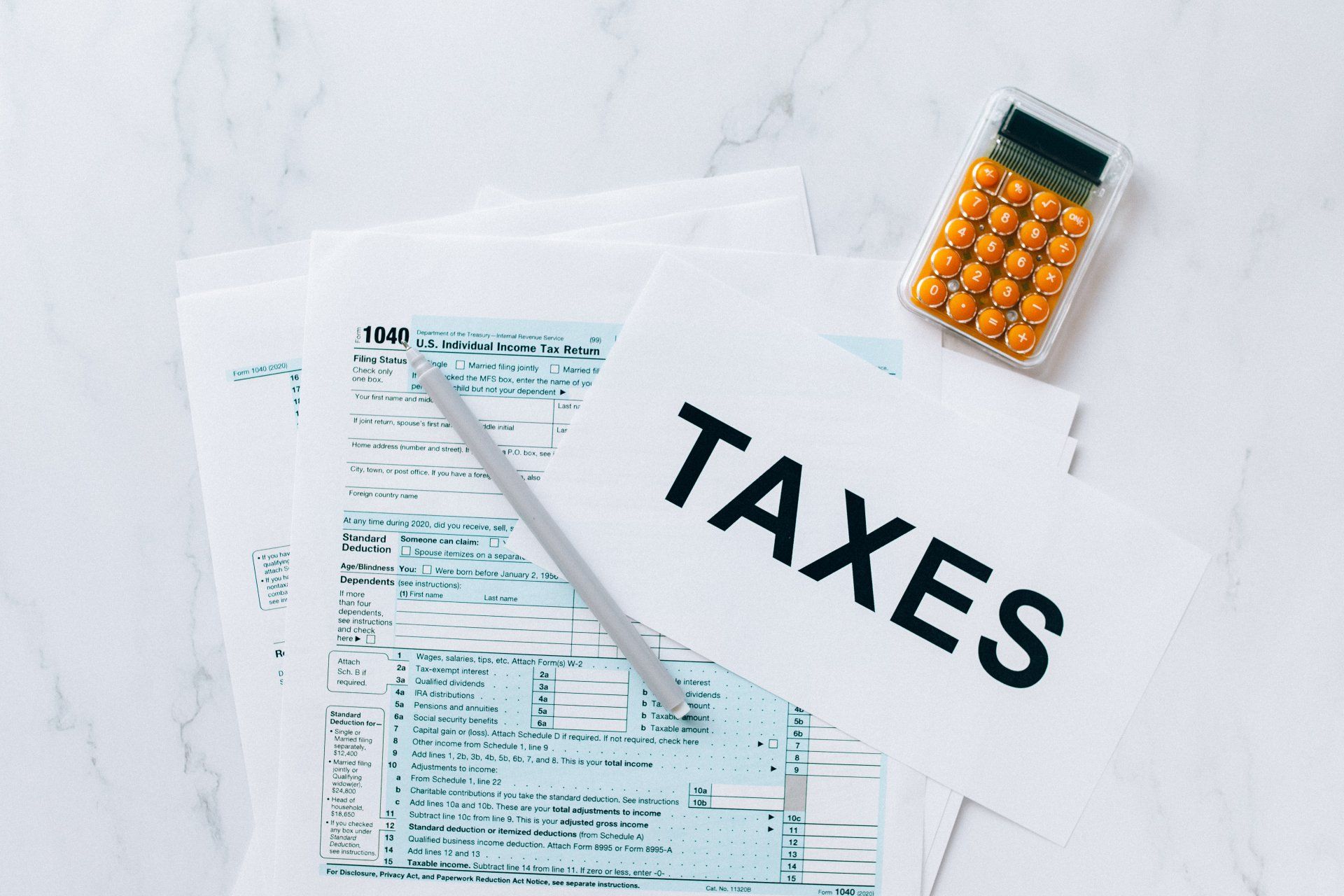The Pros and Cons of Self-Managing Your Rental Property
We’ve seen just about everything when it comes to rental properties, from smooth sailing to full-blown disasters. One of the biggest decisions landlords face is whether to self-manage their rental property in Brisbane or hire a professional property manager. This article will walk you through the pros and cons of self-managing your rental property in Brisbane, so you can make an informed decision.
Understanding Self-Management
Self-managing your rental property in Brisbane means taking on all the responsibilities yourself, without the help of a professional property manager. This includes finding and screening tenants, handling maintenance and repairs, collecting rent, and ensuring compliance with local laws and regulations. Many landlords consider self-managing their Brisbane rental properties to save on costs and maintain direct control over their properties.
Pros of Self-Managing Your Rental Property

Cost Savings
One of the most appealing aspects of self-managing a rental property is the potential for cost savings. Property management fees can range from 7% to 9% of the monthly rent, which can add up over time. By handling everything yourself, you can avoid these fees and keep more of the rental income.
Direct Control
When you self-manage your property, you have complete control over every aspect of its management. This means you can personally select tenants, oversee maintenance, and make all the decisions about the property. For many landlords, this level of control can be reassuring.
Personalised Service
As a self-managing landlord, you can provide a more personalised service to your tenants. This can lead to better relationships and potentially longer tenancies. Tenants often appreciate dealing directly with the property owner rather than a third party.
Cons of Self-Managing Your Rental Property
Time-Consuming
Self-managing a rental property is a significant time commitment. From advertising vacancies and screening tenants to handling maintenance requests and dealing with late rent payments, there’s always something to do. If you have a full-time job or other commitments, finding the time to manage your property effectively can be challenging. One of our now long-time landlords, Mark, originally decided to self-manage his property while juggling a demanding job. He quickly found himself overwhelmed, struggling to keep up with tenant issues and maintenance tasks, which ultimately affected his performance at work and his personal life.
Legal Responsibilities
Managing a rental property involves understanding and complying with a myriad of laws and regulations. These can include tenancy laws, safety regulations, and fair housing rules. Non-compliance can lead to serious legal consequences and financial penalties.
In my experience, landlords often underestimate the complexity of these legal responsibilities. I have seen many horror stories in QCAT and civil tribunals where landlords are not up to date with fast moving rental forms. It can be a costly reminder of the importance of staying informed and compliant.
Maintenance and Repairs
Handling maintenance and repairs is another significant challenge for self-managing landlords. Without a network of reliable contractors, you might end up overpaying for repairs or dealing with shoddy workmanship. This can lead to higher costs and more headaches in the long run. A common misconception is that you are required to use your agency's preferred trades. This is not the case for CAPEX Property, as we allow landlords a choice of repairers.
Tenant Management
Dealing with tenants can be one of the most stressful aspects of self-management. Handling late payments, resolving disputes, and enforcing lease terms can be challenging, especially if you’re not experienced in these areas. Problematic tenants can cause significant stress and potentially damage your property.
When to Consider Hiring a Property Manager
There are situations where hiring a professional property manager may be more beneficial than self-managing your property. These include:
- Multiple Properties: Managing multiple properties can be overwhelming. A property manager can help streamline operations and ensure all your properties are well-maintained. CAPEX Property offer a specialised Executive Rentals service specifically for landlords with multiple properties.
- Lack of Time: If you have a busy schedule or other commitments, a property manager can save you time and stress.
- Limited Knowledge: If you’re not familiar with local laws and property management best practices, a professional can help ensure compliance and protect your investment.
Benefits of Hiring a Professional Property Manager
Expertise and Experience
Property managers bring a wealth of expertise and experience to the table. They are well-versed in tenant screening, lease agreements, maintenance management, and legal compliance. This expertise can help prevent common issues and improve the overall performance of your rental property.
Time Efficiency
Hiring a property manager allows you to focus on other priorities while they handle the day-to-day management tasks. This can be especially beneficial if you have a full-time job, other investments, or simply want to enjoy more free time.
Legal Compliance
Property managers are knowledgeable about local laws and regulations, ensuring your property remains compliant. This protects you from potential legal issues and financial penalties.
Access to Reliable Contractors
Experienced property managers have established networks of reliable and cost-effective contractors. This ensures that maintenance and repairs are handled promptly and professionally, often at a lower cost than you might find on your own.
Professional Tenant Management
Property managers use effective tenant screening and management strategies to minimise issues and reduce turnover. This leads to more stable rental income and less stress for you as a landlord.
How we can help
Deciding whether to self-manage your rental property or hire a professional property manager can be crucial. While self-management offers control and cost savings, it demands significant time and legal knowledge. At CAPEX Property, we provide expert property management services tailored to your needs. Our experienced team handles tenant screening, maintenance, and compliance, ensuring your investment is protected and profitable. Enjoy peace of mind and more free time while we maximise your rental income. Contact CAPEX Property today for a free consultation and discover how we can elevate your property management experience.
Share this with friends!
Latest Property Market Insights











